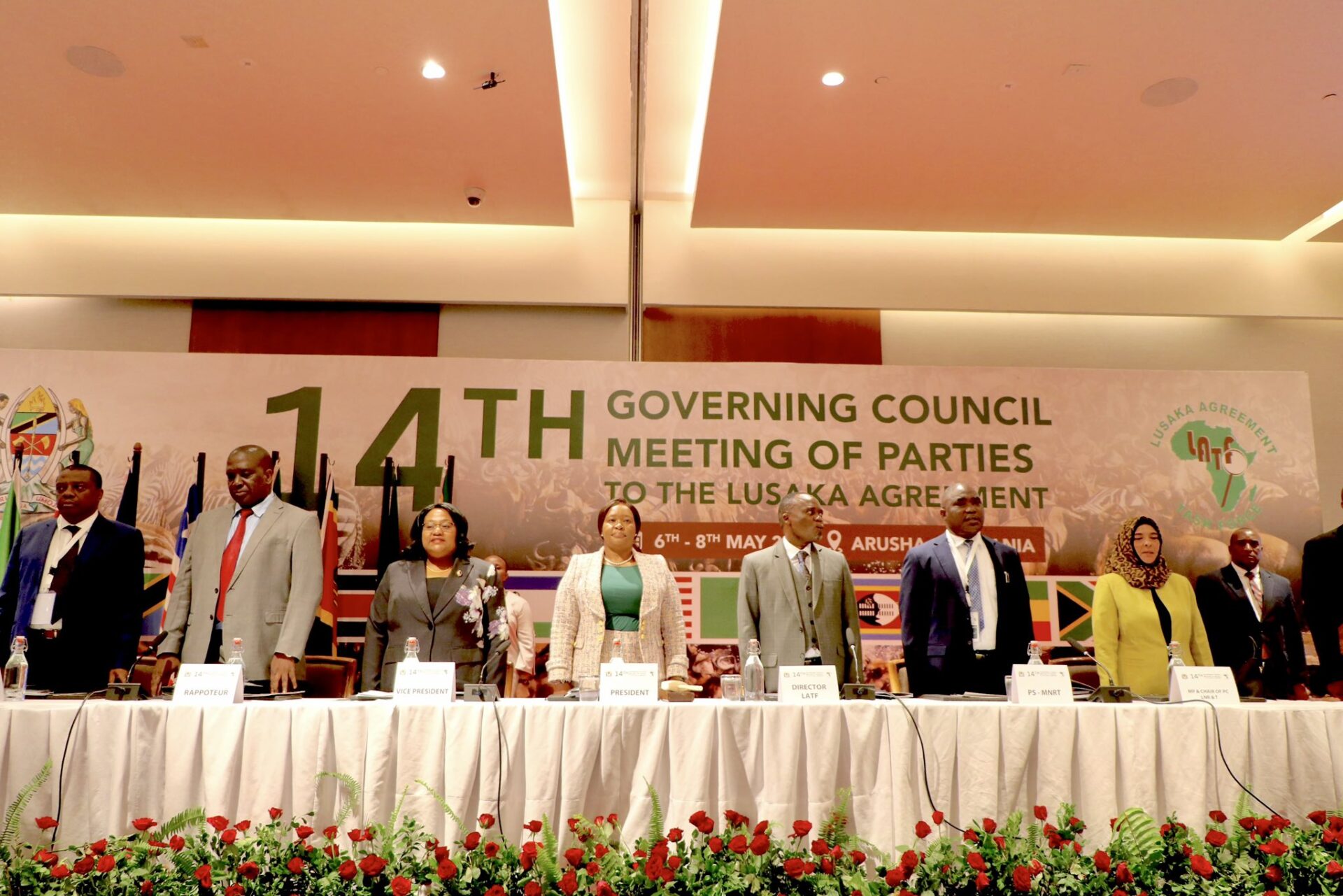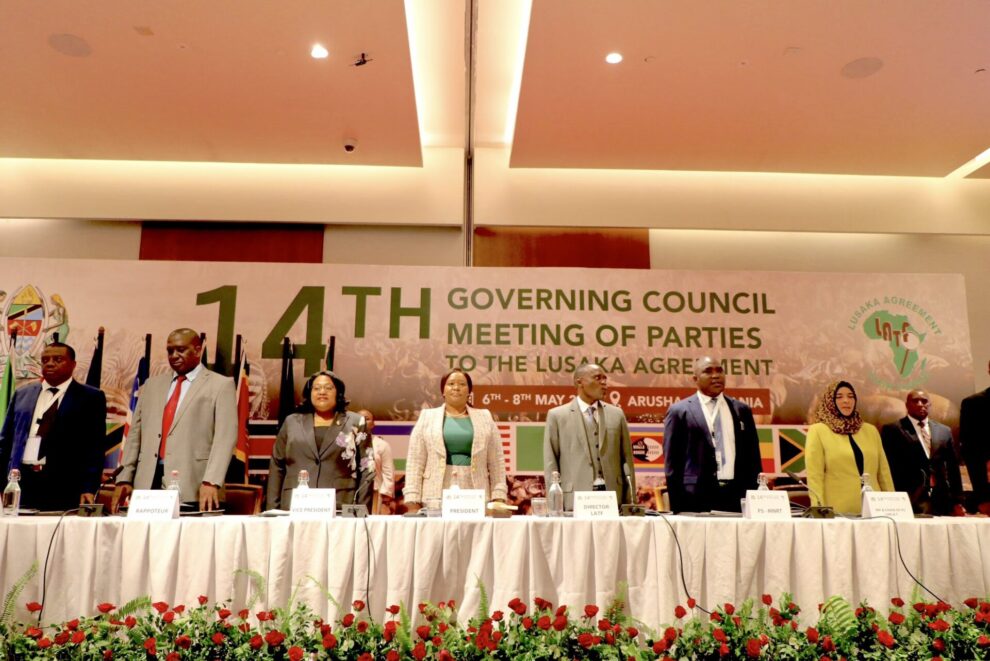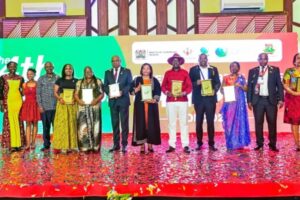Kenya has officially completed its term chairing the 13th Governing Council of the Lusaka Agreement Task Force during a key summit in Arusha, Tanzania.

The meeting brought together representatives from member states, development agencies, and conservation groups to review progress, endorse plans, and strengthen ties in wildlife protection efforts.
The event gathered 51 delegates from Kenya, Tanzania, Zambia, and observers such as UNDP, UNODC, and AWF.
Kenya Wildlife Service Director General Prof. Erustus Kanga led the technical experts’ session, where topics ranged from national reports to planning and budgeting for the coming year.
Delegates finalized the 2025–2030 strategy and approved financial allocations for FY 2025/26.
Kenya’s contributions reflected a steady hand and focused leadership over the past two years.
Cabinet Secretary for Tourism and Wildlife, Hon. Rebecca Miano, addressed the council in her final capacity as president of the outgoing chairmanship.
She reiterated Kenya’s commitment to continental cooperation and reconfirmed the government’s promise—guided by President William Ruto—to allocate land for the construction of a permanent Lusaka Agreement Task Force headquarters.
Her remarks acknowledged the growing interest from countries such as Malawi, South Sudan, Gabon, and the Central African Republic to formally join the Lusaka framework.
“This growing engagement strengthens conservation-linked enforcement and brings African countries closer in dealing with wildlife trafficking and related threats.” she said.
One of the summit’s talking points was the worrying trend in illicit trade involving smaller species, prompting suggestions for deeper coordination, better use of technology, and greater operational unity across borders.
Kenya’s report showcased joint patrols, improved interagency collaboration, and progress in curbing illegal activities targeting wildlife.
The Ministry of Tourism and Wildlife has played a central role in moving these goals forward.
Through a mix of regional diplomacy, internal collaboration with the Kenya Wildlife Service, and field support to rangers and investigators, Kenya has continued to demonstrate regional leadership.
This year’s summit marked the close of a term defined by closer partnerships between states and international allies.
Kenya now passes the baton with its head held high—its work done, but its commitment ongoing.
















